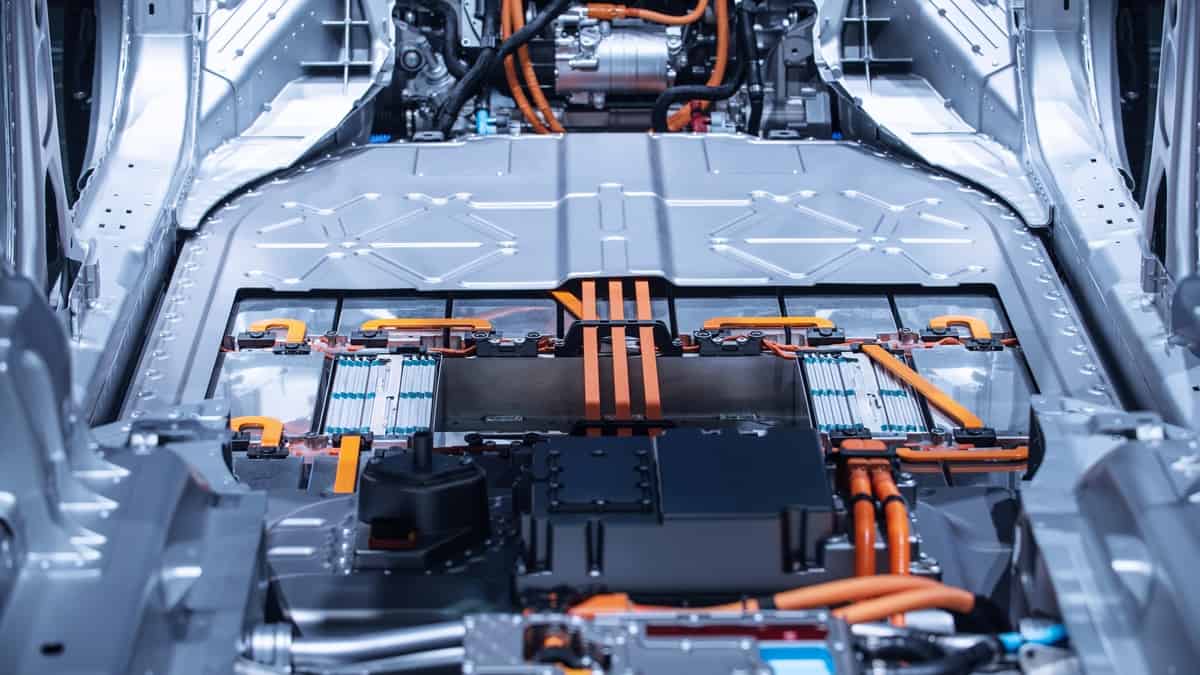Tesla, LG, Quebec, and others are working on a new “battery passport” to help track battery materials through the Global Battery Alliance, according to Electrek.
The project is important to make electric vehicle batteries sustainable and is crucial to the new EV incentive in the US. One of the biggest arguments from some EV doubters is that battery material mining is polluting as burning fuel.
Based on studies, that is false. However, it does not mean there’s no space for improvements in having battery material mining more sustainable and ensuring that all resources are from ethical operations, especially without child labor.
Global Battery Alliance (GAB) pushes for a new solution called a “Battery Passport.”
GAB is an industry group of more than 100 companies involved in the electric vehicle battery supply chain, from mining companies such as Glencore to battery cell makers like LG and carmakers like Tesla. The group aims to “help establish a sustainable battery value chain by 2030.”
One of the first steps to make a sustainable battery value chain is understanding where all battery cell materials come from, which is harder than one might think. A battery cell comprises an anode, cathode, electrolyte, and separator. Each of these parts consists of various materials needing to be processed.
From mining, processing, and assembly, it can be difficult to know where every part of a battery cell is from, which is critical to know to ensure the entire value chain is sustainable.
In addition, it is important for automakers to know in the US since the new federal EV tax credit includes requirements that battery materials be from North America or countries with free trade agreements with the US to get the full $7,500 credit for new electric vehicle purchases.
Some carmakers aren’t even sure if they will get the full credit when it goes into effect in 2023 due to tracking being hard.
This is where the new battery passport comes in.
Battery Passport
“The Battery Passport is a digital representation of a battery that conveys information about all applicable ESG and lifecycle requirements based on a comprehensive definition of a sustainable battery.” as described on the GAB website.
“Each Battery Passport will be a digital twin of its physical battery enabled by the digital Battery Passport platform, which offers a global solution for securely sharing information and data.This platform aims to go beyond enabling the performance management of just one battery to that of all batteries across the full industry value chain.”
The group explains what the battery passport will consist of:
- A global reporting framework to govern rules around measurement, auditing, and reporting of ESG parameters across the battery value chain.
- A digital ID for batteries containing data and descriptions about the ESG performance, manufacturing history, and provenance as well as advancing battery life extension and enabling recycling.
- Harmonizing of digital systems collaborating across the value chain to report data into the battery passport.
- A digital platform that will collect, exchange, collate and report data among all authorized lifecycle stakeholders to advance a sustainable value chain for electric vehicles (EV) and stationary batteries. It will transparently report progress toward global goals along the battery value chain to inform government and civil society policy-making and develop performance benchmarks.
- A quality seal for batteries (based on the data reported into the platform) to facilitate responsible purchasing by consumers.
The project is led by GBA’s steering committee, co-chaired by Tristan Mecham, project manager for Tesla’s responsible sourcing, and Simon Thibault, senior director of the battery value chain for Investissement Québec, a public investment arm of the Quebec government.
Tesla’s potential factory location in Quebec
On the other hand, Tesla has been visiting local mining companies in Quebec, looking for a possible factory location.
Greenhouse Gas Rulebook
Recently, the group announced the first step in obtaining its battery passport with the release of the first version of the Greenhouse Gas Rulebook first version.

